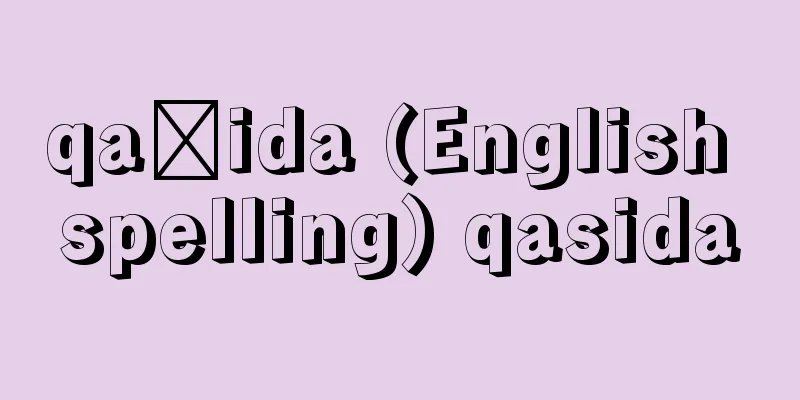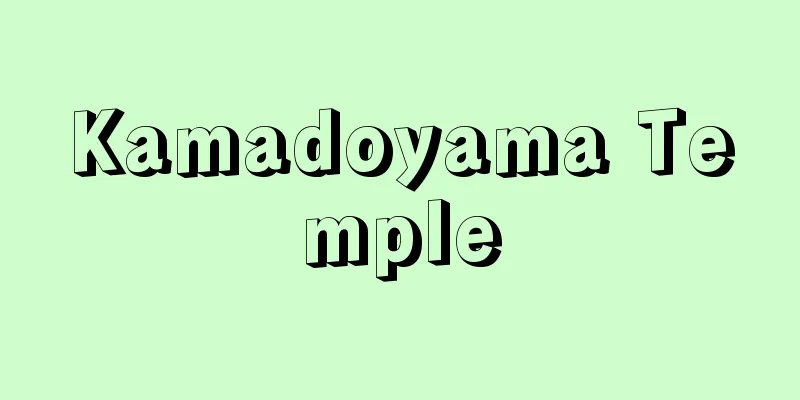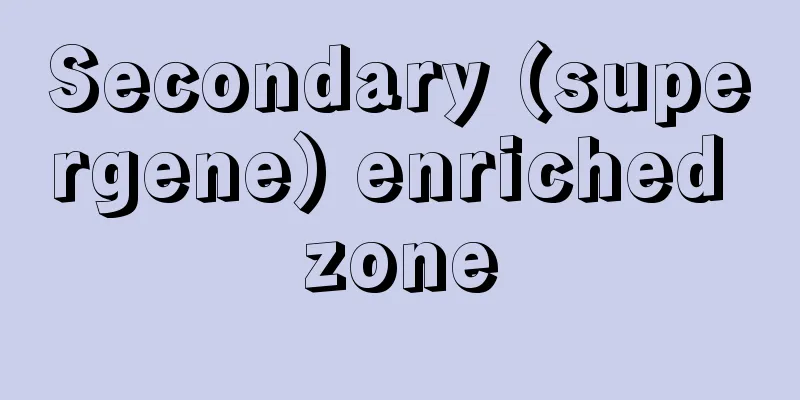qaṣida (English spelling) qasida

|
...From about the 8th century, the ancient poetry of this period was recognized as the oldest and purest source of the Arabic language, the source of terminology for understanding the Quran, and indispensable for understanding the history and life of ancient Arabia, and a series of poetry anthologies called Mu'allaqat, Mufaḍḍalīyāt, al-Ḥamāsa, al-Aghānī, etc. were compiled one after another, transmitting the ancient poetry of Jāhiliyya to the present day. Among them, Mu'allaqat is a collection of seven qaṣida (long poems) by seven poets representing this period, and is a model for the long Arabic verse that is still followed to this day, with Umru' al-Qays (500-540) at the pinnacle of this collection. Most completed qasidas contain between 60 and 100 lines, with each half-phrase consisting of one line. From [Persian Literature]…But the 9th century was the infancy of Persian literature. In the 10th century, the Samanid dynasty, which ruled over Central Asia and eastern Iran with Bukhara as its capital, adopted a national cultural policy, revived the system of court poets that had been extinct since the fall of the Sassanid dynasty, and endeavored to protect and encourage Persian poets. As a result, the Persian Literary Revival occurred, and the foundations of Persian literature were established during this period. Rudaki, who was praised as the “flower of the Bukhara court,” was a great poet representing the 10th century. He wrote poetry using all the major forms of Persian poetry, including odes (qaṣida), epics (mathnavi), lyric poems (ghazals), and quatrains (rubā'ī), and was later revered as the “father of Persian poetry.” The main characteristic of this period was the rise of odes by court poets and national epics, both of which reflected the spirit of the times. … *Some of the terminology explanations that mention "qaṣīda" are listed below. Source | Heibonsha World Encyclopedia 2nd Edition | Information |
|
…8世紀ころから,この時代の古詩はアラビア語の最古にして純粋なよりどころであり,コーランを理解するための用語の源であって,しかも古代アラブの歴史や生活を知るうえで不可欠のものであるなどの認識が深まり,《ムアッラカートMu‘allaqāt》《ムファッダリーヤートMufaḍḍalīyāt》《ハマーサal‐Ḥamāsa》《アガーニーal‐Aghānī》などと呼ばれる詩集が相次いで編さんされ,ジャーヒリーヤの古詩を今日に伝えることになった。なかでも《ムアッラカート》はこの時代を代表する7人の詩人のカシーダqaṣīda(長詩)を1編ずつおさめた詩集で,今日に至ってもなお踏襲されているアラブ定形長詩の手本をなすもので,ウムルー・アルカイスUmru’ al‐Qays(500‐540)がその頂点に立つ詩人である。完成されたカシーダは左右半句を1行として60行から100行に達するものが大部分をしめる。… 【ペルシア文学】より…しかし9世紀は揺籃期で,10世紀にブハラを都として中央アジアとイラン東部を支配したサーマーン朝が民族文化政策を採り,ササン朝滅亡以来絶えていた宮廷詩人制度を復活させ,ペルシア詩人の保護・奨励に努めた結果,〈ペルシア文芸復興〉が起こり,この時代にペルシア文学の基礎が確立された。〈ブハラ宮廷の華〉とうたわれたルーダキーは10世紀を代表する大詩人で,頌詩(カシーダqaṣīda),叙事詩(マスナビーmathnavī),抒情詩(ガザルghazal),四行詩(ルバーイーrubā‘ī)などペルシア詩の主要な詩形をすべて用いて作詩し,後世〈ペルシア詩の祖〉と仰がれた。この時代の大きな特色は宮廷詩人による頌詩と民族叙事詩の勃興で,ともに時代精神の反映であった。… ※「qaṣīda」について言及している用語解説の一部を掲載しています。 出典|株式会社平凡社世界大百科事典 第2版について | 情報 |
>>: Qasim Harawī (English spelling)
Recommend
Gyoki - Gyoki
Year of death: Tempyo Shoho 1.2.2 (749.2.23) Year ...
Total national mobilization
In times of war or war-like situations, the contro...
Addis Ababa Peace Agreement
...The Italian invasion met with strong resistanc...
Aphananthe aspera (Thunb.) Planch.
A large deciduous tree of the elm family common in...
NORPAX
...The group was comprised mainly of American mar...
Owa Sorin
Year of death: Bunki 1 (1501) Year of birth: unkno...
Traveling Sayings - Traveling Sugoroku
A humorous storybook. Written by Yamanote no Bakah...
Kohn, Walter
Born: March 9, 1923, Vienna, Austria [Died] April ...
《Jātakamālā》 (English notation) Jatakamala
… In addition to the aforementioned Pāli texts, e...
comedy larmoyante (English spelling)
...With the rise of the bourgeoisie, tragedies we...
Predatory behavior
...In animals that live in groups, hierarchical r...
Obscene - Indecent
〘noun〙 (adjective) Something vulgar and lewd. Espe...
Suspension of execution
The suspension of the effectiveness of an adminis...
Libytheidae
…In some places, they can appear in large numbers...
"A group of people in harmony"
…In this era, religious authority and the world v...









